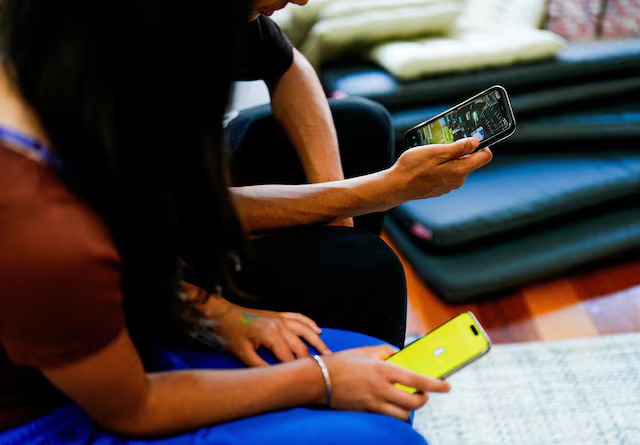Australian banks are testing new software to help enforce a ban on teenagers using social media, with the rule set to begin in December 2025. This could change how companies verify the age of young social media users in Australia.
Software owned by Australian banks being tested for social media banhttps://t.co/2Yd6icT6Kd
— NewsX World (@NewsX) September 17, 2025
What Is Happening?
In the near future, Australia will present a bill that prohibits the usage of social media platforms, such as Facebook, Instagram, and TikTok, by individuals under the age of 16. The social media corporations need to take decisive measures to prevent the registration of young accounts by users or risk paying hefty fines to the government.
How the Banks Are Involved
The country’s biggest banks are now in focus because they own software called ConnectID, which is designed to confirm a person’s age using their bank account details. Most teenagers in Australia have a bank account, so this tool could help provide accurate age checks if other methods (like face scanning) do not work correctly.
More About ConnectID
ConnectID sends an anonymous signal to confirm if someone is above or below a required age, without sharing private bank details. This software can also work alongside age-guessing facial technology built by a firm named k-ID, from Singapore. Some social media companies are already testing both systems together in Australia, though their names have not been made public.
The Push for a Social Media Ban
Australia’s new law aims to stop anyone under 16 from signing up for or using major social media platforms starting this December. Companies like Facebook, Instagram, Snapchat, and TikTok will need to show they are keeping young users out, or risk heavy fines that could reach $32 million. This is being promoted as a way to protect children’s mental and physical health.
Why Is This Important?
This move would make Australia’s banking sector more central in enforcing social media laws, a first anywhere in the world. Governments and companies in other countries are watching closely to see if this solution works, as many want to protect children and teenagers online.
Trials and Results
Earlier in the year, the Australian government ran trials with different age-checking technologies. Researchers found that facial recognition tools worked for most ages, but sometimes found it tough to tell if someone was exactly 16 or just a bit younger. Bank account verification, like what ConnectID offers, could help fill these gaps.
What is Next?
No social media platform has officially agreed to use the ConnectID system yet, though testing continues, and banks are open to working with online companies. The plan could also expand to gaming platforms, which face similar rules about protecting young users.
Broader Impact
This approach is being closely watched by many other countries as lawmakers everywhere look for new ways to protect teens online. If successful, Australia’s methods could become a model for similar laws around the world, putting local banks at the center of internet safety efforts for young people.


